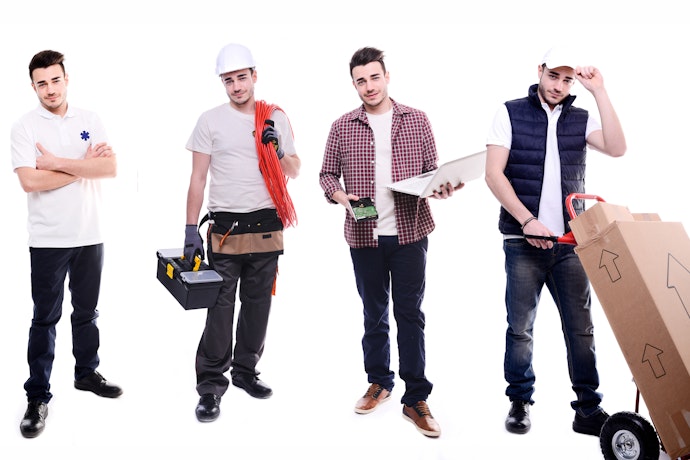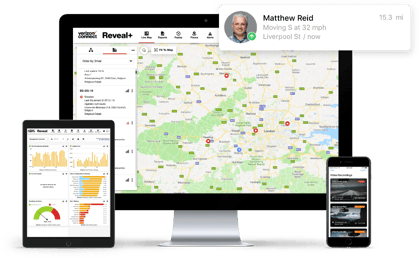9 Secrets to Reducing your Fleet Expenses
As a fleet owner, your day-to-day costs can quickly add up. What you don’t know is there are further hidden, expensive...
Read more
The gig economy continues its astronomical rise and now employs more than 1.1. million people in the UK alone. Consumers now demand products and services delivered to their door almost instantly, which is turning the business world on its head, particularly when it comes to staffing and fulfilment.
Managing a fluctuating workforce of freelance and non-permanent staff can be a daunting proposition for operations directors, particularly in peak periods. It requires on-boarding new staff and sub-contractors quickly and aligning them with company expectations and key KPIs such as safe driving practices. Without adequate processes and platforms in place, gig economy workers can feel a lack of integration which can impact their performance, and ultimately, result in reduced customer satisfaction, productivity and safety
The Institution of Occupational Safety and Health released research to benchmark consistency in safety, health and wellbeing among 100 business leaders and 500 gig economy workers. The findings show clear gaps between employer and workers’ perceptions with 77% of employers stating workers were treated with the same care as permanent staff, but only 62% of gig economy workers returning the same response. In addition, 47% of business leaders claimed to provide health and safety training for all workers, compared to only 33% of gig economy workers stating they have been offered it.
Find the right solution for your business with our free Fleet Management Buyer’s Guide.
So what can be done? Mobile Resource Management (MRM) has a vital role to play to overcome this divide. It enables companies to better manage their mobile assets and workforce – even self-employed contractors or freelancers. With regards to the findings surrounding driver health and safety, the platform can send alerts for key driver behaviours, including speeding and breaking in near real-time, as well as monitor whether drivers are taking adequate rest breaks. This can help to ensure compliance and that drivers are not overworking themselves – which can be particularly difficult to track for sub-contractors. The platform can also provide performance coaching while workers are driving, to help improve safety standards – all through mobile devices.
Crucially, MRM can break down internal silos by giving the entire organisation visibility on mobile workers and their job status. This means risk and compliance teams can be aware on the status of mobile assets in near real-time, run reports with a couple of clicks to ensure risk is minimised and the organisation remains compliant. HR and finance teams can also keep track of freelancers or sub-contractors, ensuring they are fulfil their agreements. In peak periods, the platform can also assist with scaling resource up or down, quickly onboarding new drivers or removing staff who have moved on.
Tags: Compliance, Productivity & efficiency, Safety, Team management, Payroll




Find out how our platform gives you the visibility you need to get more done.
As a fleet owner, your day-to-day costs can quickly add up. What you don’t know is there are further hidden, expensive...
Read moreVerizon Connect Reveal tracks the fleet data that can have a big impact on your business. These are things like where...
Read moreAt Verizon Connect, we can only provide the highest possible level of service to fleet managers and business owners by...
Read moreReveal tracks the fleet data that can have a big impact on your business. These are things like where your vehicles are...
Read more